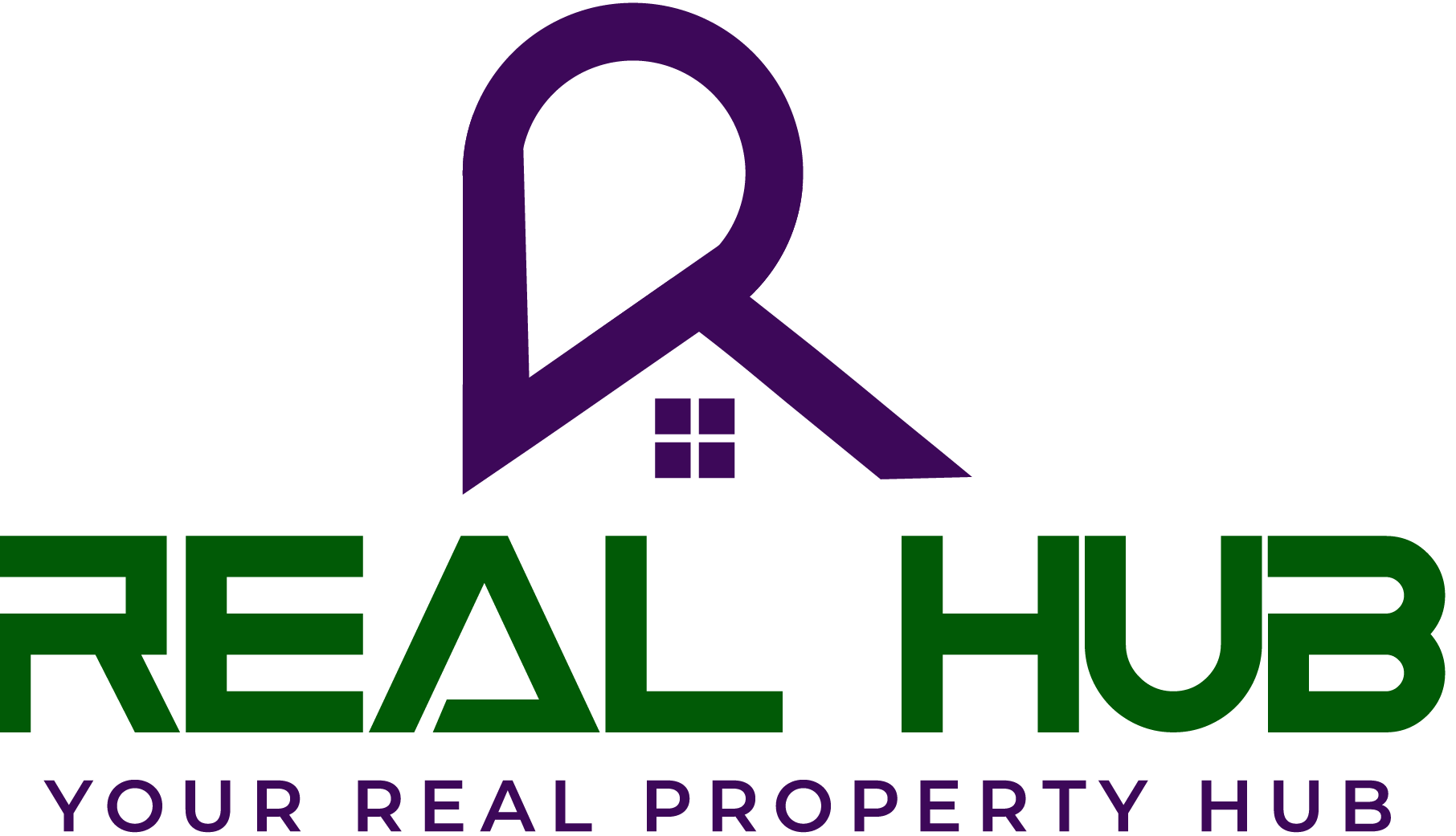Distress Houses for Sale in Nairobi: A Comprehensive Guide to Buying Affordable Properties
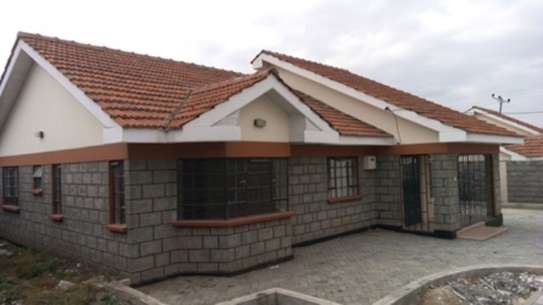
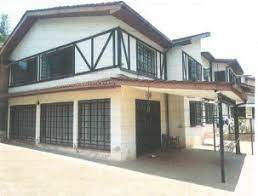
Distress houses for sale in Nairobi
Introduction
In the real estate market of Nairobi, there is a unique segment known as distress houses for sale. These properties, often available at discounted prices, can present excellent opportunities for buyers and investors. In this comprehensive guide, we will explore the concept of distress houses in Nairobi, their significance in the market, and how to navigate the process of purchasing these properties.
Distress House Market in Nairobi
The distress house market in Nairobi represents a segment of the real estate industry where properties are being sold due to various financial or legal challenges faced by the homeowners. These situations may include foreclosures, mortgage defaults, or other financial distress. Understanding the dynamics of the distress house market is crucial for buyers looking for potential deals in Nairobi.
Identifying Distress Houses for Sale in Nairobi
Distress houses in Nairobi are properties being sold under specific circumstances, such as foreclosure, financial distress, or legal challenges faced by the homeowners. These situations create an opportunity for buyers to find properties at below-market prices. By identifying distress houses, investors can acquire real estate assets with the potential for significant appreciation and value.
1. Online Listings and Real Estate Websites
One of the most convenient ways to identify distress houses for sale in Nairobi is by utilizing online listings and real estate websites. These platforms allow buyers to filter search results based on specific criteria, including distressed properties. Use relevant keywords like “distress houses for sale in Nairobi” when conducting online searches to refine your results and uncover potential opportunities.
2. Local Real Estate Agents and Networks
Establishing connections with local real estate agents who specialize in distress properties can provide valuable insights and access to exclusive listings. These agents often have knowledge of distressed properties before they are publicly listed, allowing you to gain a competitive advantage. Networking within the real estate industry can also lead to valuable information on distress houses available in Nairobi.
3. Foreclosure Listings and Auctions
Foreclosure listings and auctions are excellent resources for finding distress houses for sale in Nairobi. Banks and financial institutions regularly auction off properties that have gone through the foreclosure process. These listings are typically publicized in local newspapers or on specialized websites. Attending foreclosure auctions can provide opportunities to bid on distressed properties at potentially favorable prices.
4. Local Government Agencies and Institutions
Contacting local government agencies and institutions can lead to valuable information on distress houses in Nairobi. Municipal authorities, housing departments, or public institutions may have details on properties seized due to non-payment of taxes or legal disputes. Engaging with these entities can provide access to distress houses before they are available through other channels.
5. Property Investment Networks and Forums
Joining property investment networks and online forums can connect you with like-minded individuals who share insights and knowledge on distress houses in Nairobi. These communities often discuss potential deals, share experiences, and offer advice on identifying and purchasing distressed properties. Participating in these networks can enhance your understanding of the market and increase your chances of finding desirable distress houses.
Evaluating Distress Houses for Sale in Nairobi
When considering purchasing a property, distress houses for sale in Nairobi present unique opportunities for buyers and investors. These properties, often available at discounted prices, require careful evaluation to ensure a wise investment decision. In this comprehensive guide, we will delve into the process of evaluating distress houses for sale in Nairobi, covering key considerations and factors to assess before making a purchase.
Understanding Distress Houses in Nairobi
Distress houses for sale in Nairobi refer to properties that are being sold due to financial challenges faced by the homeowners. These challenges may include foreclosure, mortgage defaults, or other financial hardships. Evaluating distress houses requires a thorough understanding of the property’s condition, potential repairs needed, and the overall investment feasibility.
Assessing the Physical Condition
One of the primary aspects to evaluate when considering distress houses for sale in Nairobi is the physical condition of the property. This includes examining the structural integrity, plumbing, electrical systems, and overall maintenance. Conducting a comprehensive property inspection, preferably by a qualified professional, can provide insights into the extent of repairs and potential costs.
Estimating Renovation Costs
Renovation costs play a crucial role in determining the feasibility of purchasing a distress house in Nairobi. Carefully assess the repairs needed, such as fixing structural issues, replacing outdated systems, or improving the overall aesthetics. Obtaining quotes from contractors or construction professionals can help estimate the renovation expenses more accurately.
Considering the Location
Location is a key factor in real estate, and it applies to distress houses for sale in Nairobi as well. Evaluate the neighborhood’s desirability, proximity to amenities, schools, transportation, and potential for future development. A well-located property, even if distressed, has better chances of appreciation and attracting potential tenants or buyers in the future.
Evaluating Market Value
Determining the market value of a distress house in Nairobi is essential to ensure that you’re making a sound investment. Conduct thorough research on recent comparable sales in the area to gauge the property’s value. Engaging with real estate agents or appraisers familiar with the local market can provide valuable insights into the property’s worth.
Analyzing Potential Returns on Investment
Evaluating the potential returns on investment is crucial when considering distress houses for sale in Nairobi. Calculate the potential rental income or resale value after the necessary repairs and renovations. Compare these projections with the overall investment cost, including purchase price, renovation expenses, and holding costs, to determine the profitability of the investment.
Assessing Legal and Documentation Issues
Due diligence regarding legal and documentation issues is vital when evaluating distress houses for sale in Nairobi. Verify the property’s title deed, ownership, and any potential liens or encumbrances. Engage the services of a qualified real estate lawyer to ensure a thorough examination of the legal aspects and to mitigate any potential risks.
Considering the Timeframe
Another crucial aspect to evaluate is the timeframe for completing the necessary repairs and renovations. Assess your resources, budget, and availability to oversee the project. Consider the potential opportunity costs and whether you have the capacity to manage the renovations within a reasonable timeframe.
Seeking Professional Advice
When evaluating distress houses for sale in Nairobi, seeking professional advice is highly recommended. Engage with experienced real estate agents, contractors, or property managers who specialize in distress properties. They can provide valuable guidance, share their expertise, and help you make informed decisions throughout the evaluation process.
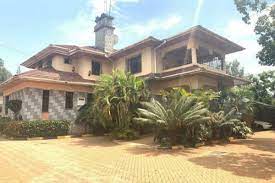
Distress houses for sale in Nairobi
Potential Risks and Challenges of Buying Distress Houses
When considering purchasing distress houses for sale in Nairobi, it’s important to be aware of the potential risks and challenges involved. While these properties offer the opportunity for significant savings and potential returns on investment, there are several factors to consider before making a purchase. Let’s explore some of the key risks and challenges associated with buying distress houses in Nairobi.
- Property Condition and Repairs: Distress houses often require extensive renovations and repairs. These distress houses for sale in Nairobi may have been neglected or left vacant for a significant period, leading to structural issues, outdated systems, or damage. It’s essential to carefully assess the property’s condition and estimate the costs and resources required to bring it up to the desired standard.
- Hidden Costs and Budget Constraints: Renovating a distress house in Nairobi can be a costly endeavor. While the initial purchase price may be attractive, unexpected expenses can arise during the renovation process. It’s crucial to have a realistic budget and contingency plan to accommodate unforeseen costs that may arise during the repair and renovation stages.
- Legal and Documentation Complexities: Distress houses may come with legal and documentation challenges in Nairobi. These can include title disputes, liens, or unresolved issues related to ownership or property rights. Engaging the services of a qualified real estate attorney is crucial to navigate these complexities and ensure a smooth transaction when dealing with distress houses for sale in Nairobi.
- Limited Financing Options: Traditional lenders may be hesitant to provide financing for distress houses in Nairobi due to the perceived risks associated with these properties. Securing suitable financing for the purchase and renovation of a distress house can be challenging. However, specialized lenders or alternative financing options may be available for buyers interested in distress houses for sale in Nairobi.
- Extended Timeframe and Holding Costs: Renovating a distress house often takes longer than anticipated in Nairobi, leading to an extended timeframe before the property can be put to use or sold. During this period, there are ongoing holding costs, including property taxes, insurance, utilities, and maintenance expenses. Buyers should carefully consider these costs and plan accordingly when considering distress houses for sale in Nairobi.
- Market Volatility and Uncertainty: The real estate market in Nairobi can be subject to fluctuations and uncertainties. The value of distress houses may be more susceptible to market volatility, which can impact the potential returns on investment. It’s essential to thoroughly research the local market in Nairobi and consider long-term trends before committing to a distress house purchase.
- Limited Inventory and Competition: Distress houses in Nairobi are often in high demand due to their potential value and affordability. This can lead to increased competition among buyers, resulting in multiple offers and bidding wars for distress houses for sale in Nairobi. Being prepared, having a clear budget, and working closely with a real estate agent who specializes in distress properties can help navigate these challenges effectively.
Advantages and Disadvantages of Investing in Distress Houses
Investing in distress houses for sale in Nairobi offers unique advantages and disadvantages. Understanding these factors is crucial for potential buyers and investors to make informed decisions and maximize their returns. Let’s explore the advantages and disadvantages of investing in distress houses in more detail:
Advantages:
- Lower Purchase Price: One of the primary advantages of buying distress houses for sale in Nairobi is the potential for acquiring properties at significantly lower prices. Distress sales often occur due to the financial or legal challenges faced by the homeowners. This presents an opportunity for buyers to negotiate favorable deals and secure properties below market value.
- Higher Return on Investment: Distress houses for sale in Nairobi have the potential for higher returns on investment. By purchasing properties at a discounted price and investing in necessary repairs or renovations, investors can significantly increase the value of the property. When the market stabilizes or improves, the property can be sold at a profit or generate higher rental income.
- Diverse Investment Options: Distress houses encompass a variety of property types, including single-family homes, multi-unit buildings, and commercial properties. This diversity allows investors to choose properties that align with their investment goals, whether it’s generating rental income, flipping properties for quick profits, or long-term appreciation.
- Less Competition: Compared to traditional real estate transactions, distress house sales often have fewer potential buyers. This reduced competition can provide investors with an advantage when negotiating deals and securing properties. With fewer buyers in the market, there may be more opportunities to find undervalued properties and negotiate favorable terms.
- Potential for Negotiation: Distress house sellers are often motivated to sell quickly, which can provide investors with leverage during negotiations. Sellers may be more willing to accept lower offers or flexible terms to expedite the sale. This presents an opportunity for buyers to acquire properties at prices that align with their budget and investment goals.
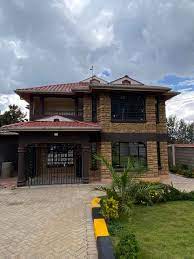
Distress houses for sale in Nairobi
Disadvantages:
- Higher Repair and Renovation Costs: Distress houses in Nairobi may require substantial repairs and renovations. These costs can quickly add up, potentially exceeding the initial estimates. Investors should conduct thorough property inspections and assessments to determine the extent of necessary repairs and accurately estimate the associated expenses.
- Uncertain Property History: Distress houses may come with a clouded history, including unresolved legal issues, outstanding liens, or undisclosed property damage. Conducting comprehensive due diligence and working with experienced professionals is essential to uncover any potential complications and mitigate risks associated with the property’s history.
- Longer Holding Period: Rehabilitating and reselling a distress house in Nairobi can take longer compared to a conventional real estate transaction. Investors should factor in the extended holding period and potential carrying costs, such as property taxes and maintenance expenses, when assessing the overall profitability of their investment.
- Higher Risk Profile: Investing in distress houses carries a higher level of risk compared to traditional real estate transactions. Unforeseen challenges, such as escalating repair costs or difficulties in finding suitable buyers or tenants, can impact the investment’s profitability. Investors should carefully assess their risk tolerance and have contingency plans in place to mitigate potential risks.
- Limited Financing Options: Financing the purchase of distress houses in Nairobi can be more challenging compared to conventional properties. Traditional lenders may have stricter lending criteria or be reluctant to provide loans for distressed properties. Investors may need to explore alternative financing options or work with specialized lenders familiar with distress house investments.
Conclusion
Navigating the distress house market in Nairobi requires knowledge, diligence, and careful consideration of risks and opportunities. By understanding the dynamics of the distress house market, identifying potential properties, and adopting effective strategies, buyers can make informed decisions and seize advantageous opportunities. Remember, purchasing distress houses in Nairobi requires thorough research, due diligence, and professional guidance to ensure a successful and profitable investment.
FAQs About Distress Houses for Sale in Nairobi
What is a distress house sale?
A distress sale occurs when a property, such as a house, is sold urgently, typically due to financial hardships faced by the owner. The selling price is often lower than the market value, providing potential buyers an opportunity for a deal.
Why are there distress houses for sale in Nairobi?
There could be various reasons, including financial constraints faced by the homeowner, sudden relocations, or other personal reasons that necessitate a quick sale.
Are distress house sales in Nairobi legitimate?
While many distress sales are legitimate, buyers should exercise caution. It’s essential to do a comprehensive background check, verify ownership documents, and ideally work through trusted real estate agencies.
How much can I expect to save on a distress house sale?
The savings vary, but distress sales are typically priced below market value. Depending on the urgency of the sale and the property’s condition, buyers might find significant discounts.
What should I be aware of when buying a distress house in Nairobi?
Ensure that the property has no legal disputes, verify its structural integrity, and assess any renovations or repairs needed. It’s also wise to understand why the house is being sold under distress to avoid future complications.
How do I find genuine distress house listings in Nairobi?
Reputable real estate agencies and platforms often list distress sales. It’s recommended to go through these channels and seek references to ensure you’re viewing genuine listings.
Can I get a home inspection before purchasing a distress house?
Absolutely. Regardless of it being a distress sale, you should always get a home inspection to determine the property’s condition and any potential issues.
Do distress houses in Nairobi come with clear title deeds?
In many cases, they do. However, always verify the authenticity of the title deed, conduct a search with the lands registry, and ensure there are no liens or disputes attached to the property.
Can I negotiate the price of a distress house?
Yes, there’s often room for negotiation, especially if the seller is looking for a quick sale. However, given that distress sales are already often priced below market value, the negotiation range might be narrower.
Are there any additional costs or fees associated with buying a distress house in Nairobi?
The costs would generally be similar to purchasing any other property, including legal fees, stamp duty, and agency commissions. However, consider potential repair or renovation costs, as distress houses might require additional work.
